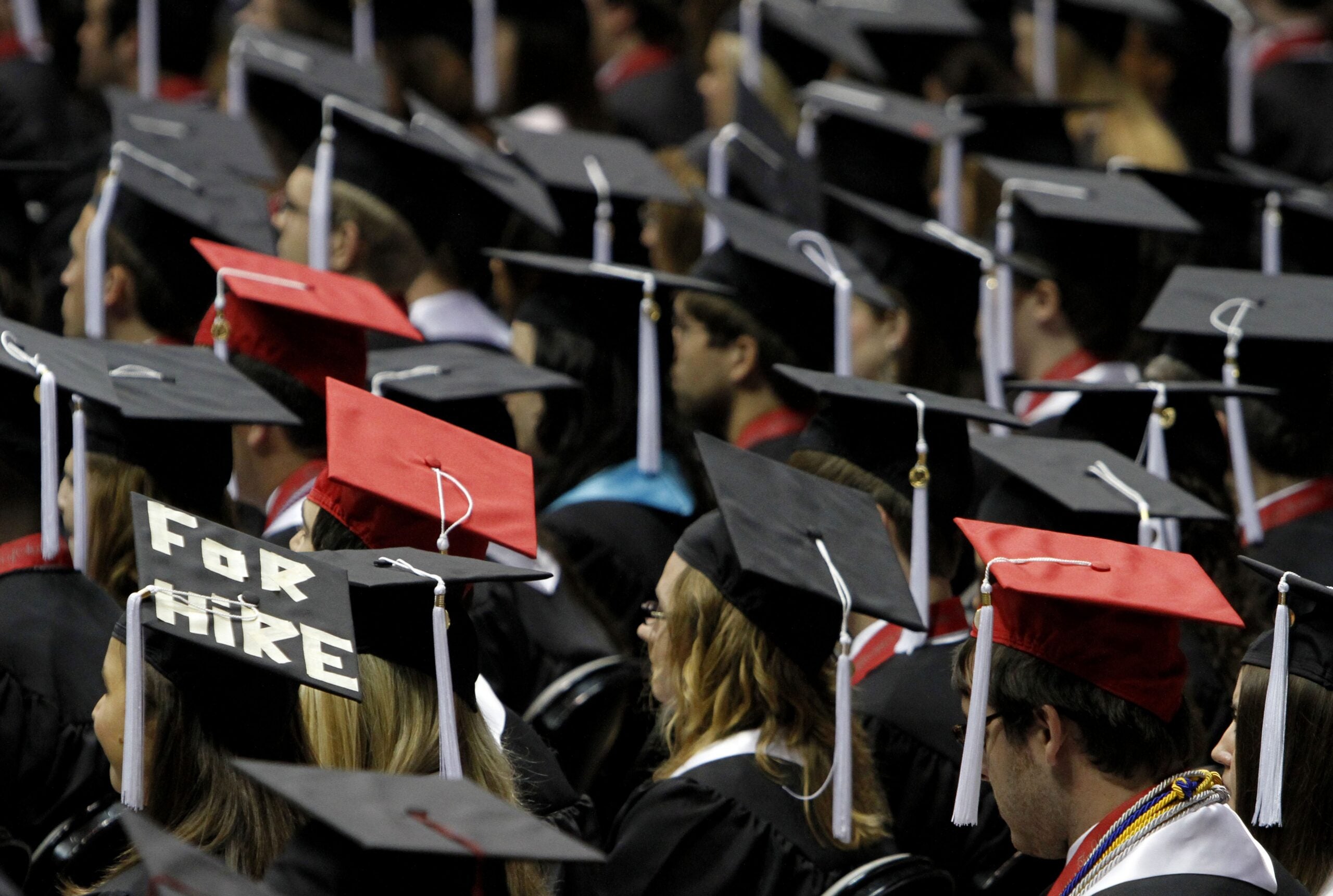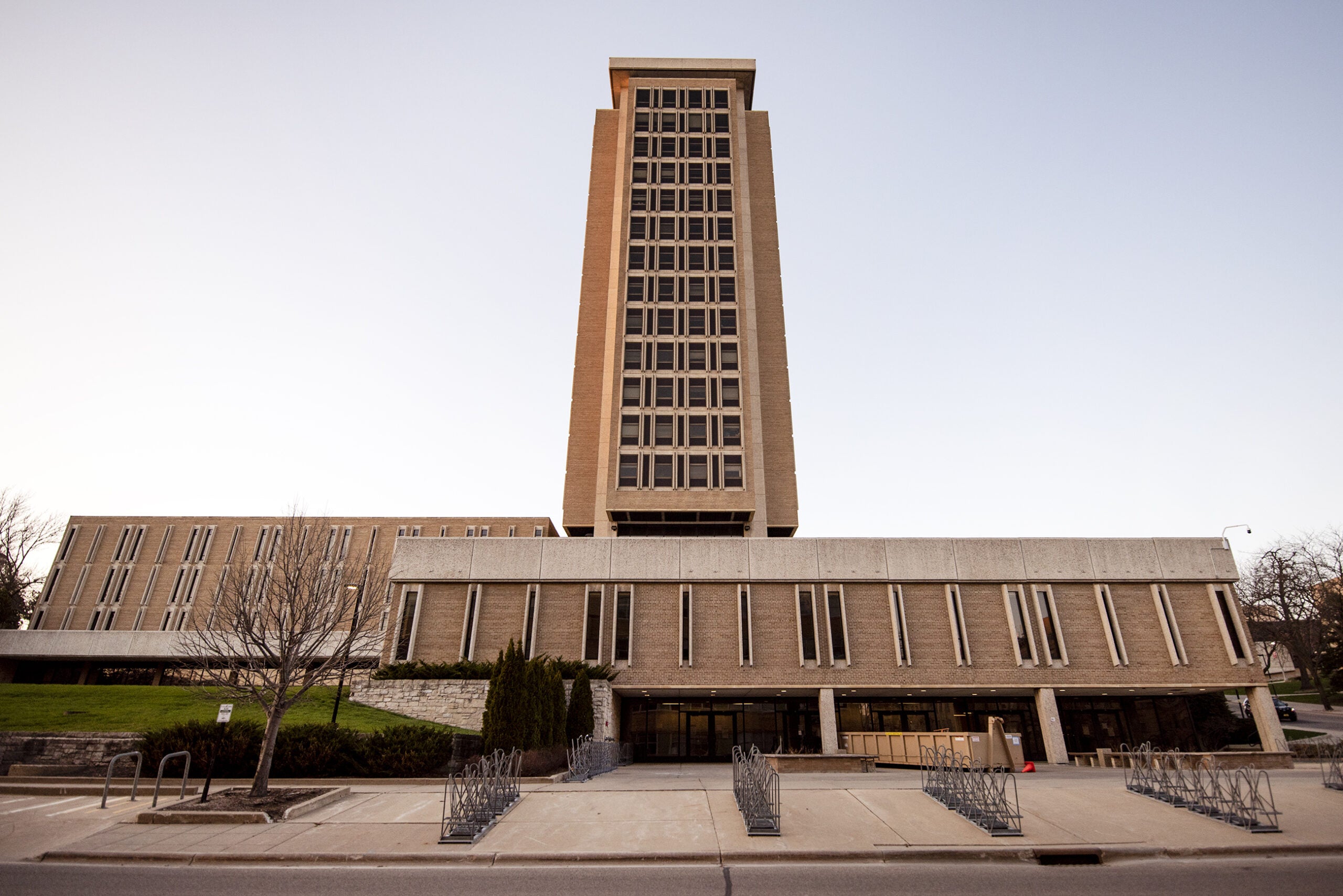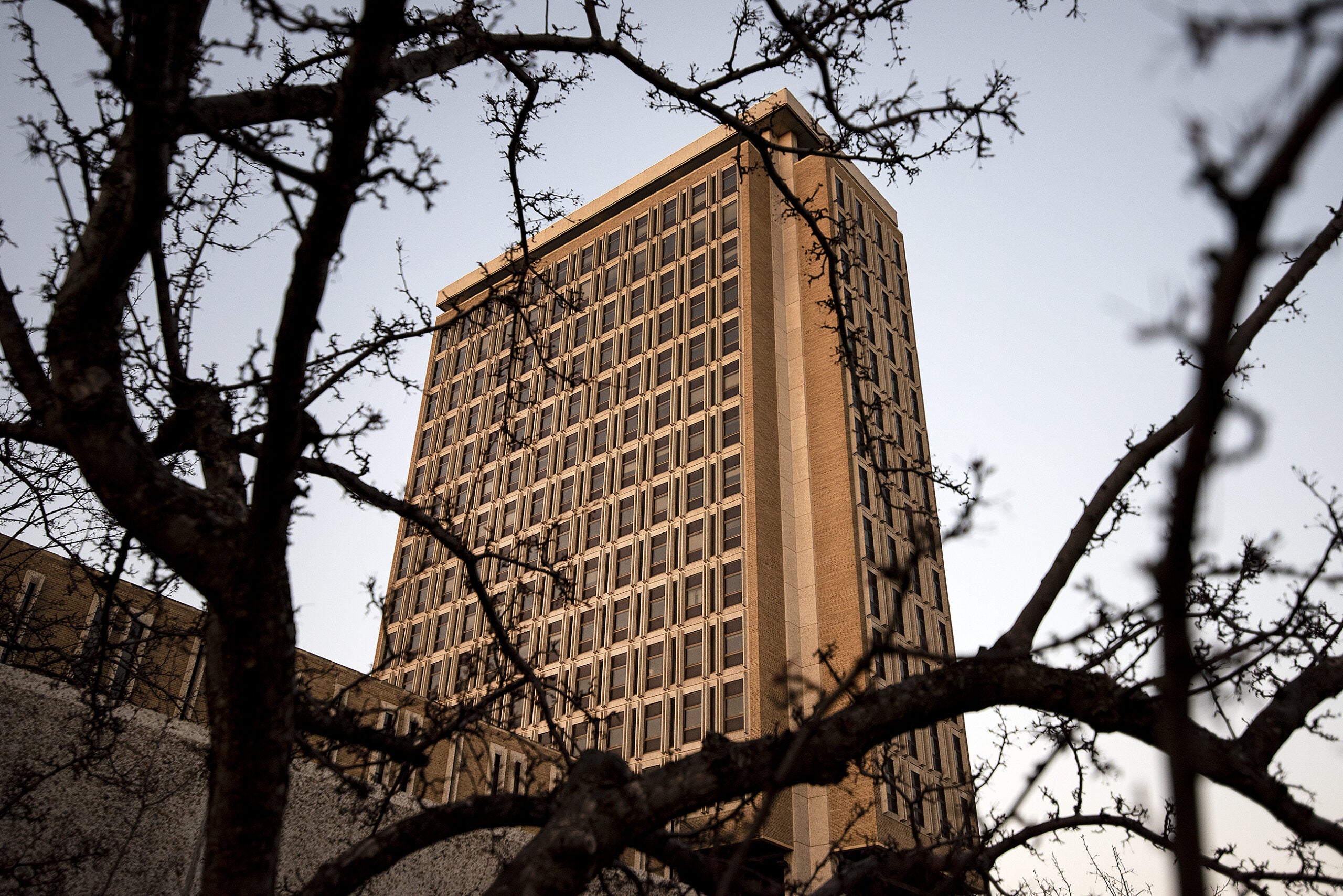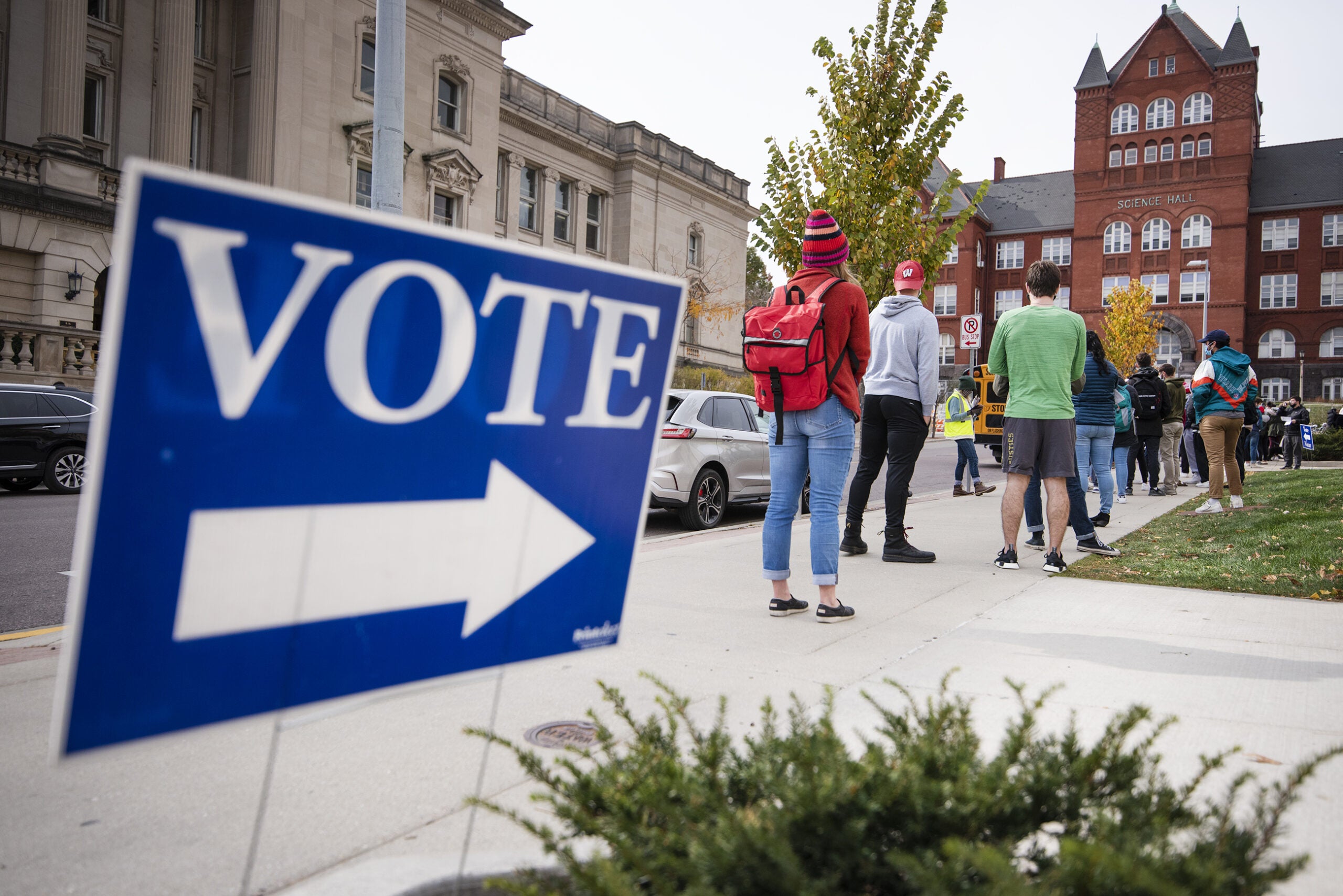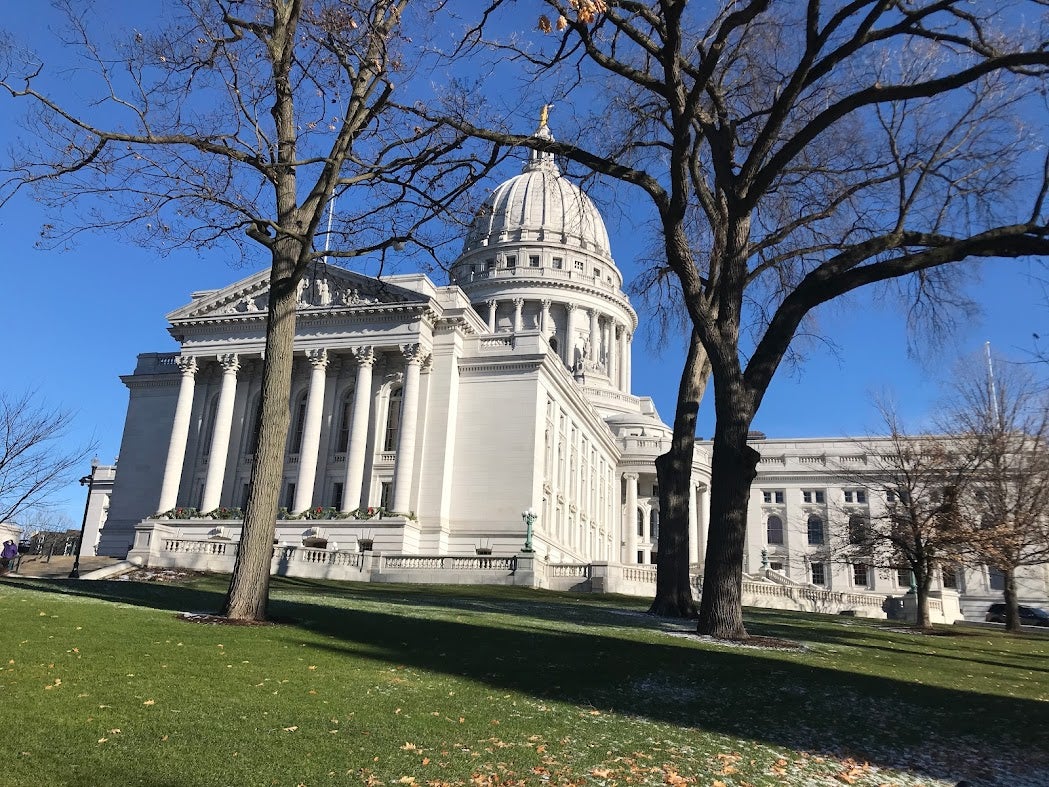A Republican bill introduced in the Legislature last month is looking to offer financial incentives to out-of-state University of Wisconsin System graduates who stick around for at least two years following graduation.
Graduates would be eligible for roughly $10,000 a year in grant money over five years if they live and work in Wisconsin.
Rep. Dave Murphy, R-Greenville, author of the bill and chairman of the Assembly Colleges and Universities Committee, said the state has a lot of untapped potential when it comes to out-of-state students.
Stay informed on the latest news
Sign up for WPR’s email newsletter.
Murphy recently spoke with Wisconsin Public Radio’s “Central Time” host Rob Ferrett about the bill.
This interview has been edited for brevity and clarity.
Rob Ferrett: Before we get into the legislation, where do you see this untapped potential?
Dave Murphy: Well certainly our growing economy has caused a need for more employees. Our businesses are short handed right now. So we want to attract more of these out-of-state students to stay here in Wisconsin. And right now we only keep about 10 percent of those out-of-state students who graduate.
And if we could increase that to 20 or 30 percent it would be a tremendous benefit. And it would reduce the brain drain and it would give our employers the opportunity to have more of these well-educated students working for them.
RF: Let’s get in this legislation, what would it do?
DM: So what we’re trying to do is attract some of those out-of-state students by giving them a chance, we called in earned in-state tuition, so it would start actually two years after they graduate — they would have to be here — and then during a five-year period they could earn up to 10 percent of the differential between out-of-state and in-state tuition, they could earn that back as a tax credit.
RF: So it doesn’t ultimately bring them back to having paid full or totally paid in-state tuition. It kind of splits the difference it sounds like.
DM: Yeah I’m glad you asked that because it doesn’t. If you’re a parent of an in-state student you might say, “Well you know why should these people get tuition as cheaply as my son or daughter, I’ve been paying taxes here for years.”
And they actually won’t get all of that tuition back, but they have paid a lot of extra for that education in comparison to what in-state students do. And if they stay here for an extended period of time, we’re trying to make those young people into Wisconsinites. And that’s the real winning formula here for us.
RF: And there’s a work requirement, a salary requirement, to be eligible for this, right?
DM: There is. And again, we’re trying to attract students to careers. We want to attract educated, highly trained individuals that can step into these really important jobs, that’s what we’re looking to do. And I think anybody who’s graduating with a degree from our universities, that threshold shouldn’t be that difficult to attain.
RF: Can you talk about the price tag, what would this cost Wisconsin?
DM: So we are allocating $15 million (annually) in this bill to operate this program. For a particular student the credit’s going to be over five years. So it would be in the $10,000 a year range to a student.
RF: And which campuses do you think might be most affected by this? I’m guessing UW-Madison is a big part of our out-of-state pool here.
DM: Sure. Madison is always going to be a big part of this. But you know Platteville I think would be a big part of it, I could see La Crosse, I could see River Falls and Stout. You know UW-Milwaukee because of our agreement with Illinois. And Parkside, even they bring in a fair amount of out-of-state students.
RF: What’s the timeline for this legislation? And if it gets passed, when would it actually kick in?
DM: So we’re going to ask for a hearing on this bill and I would expect that we would do that sometime this summer, hopefully we would be able to maybe get it on the Assembly calendar for a vote in the fall.
Because you have that two-year period in there where students couldn’t start earning the credit until two years after they graduate, that does give us some time to put this in place and sort of get the structure of it implemented.
Wisconsin Public Radio, © Copyright 2024, Board of Regents of the University of Wisconsin System and Wisconsin Educational Communications Board.

